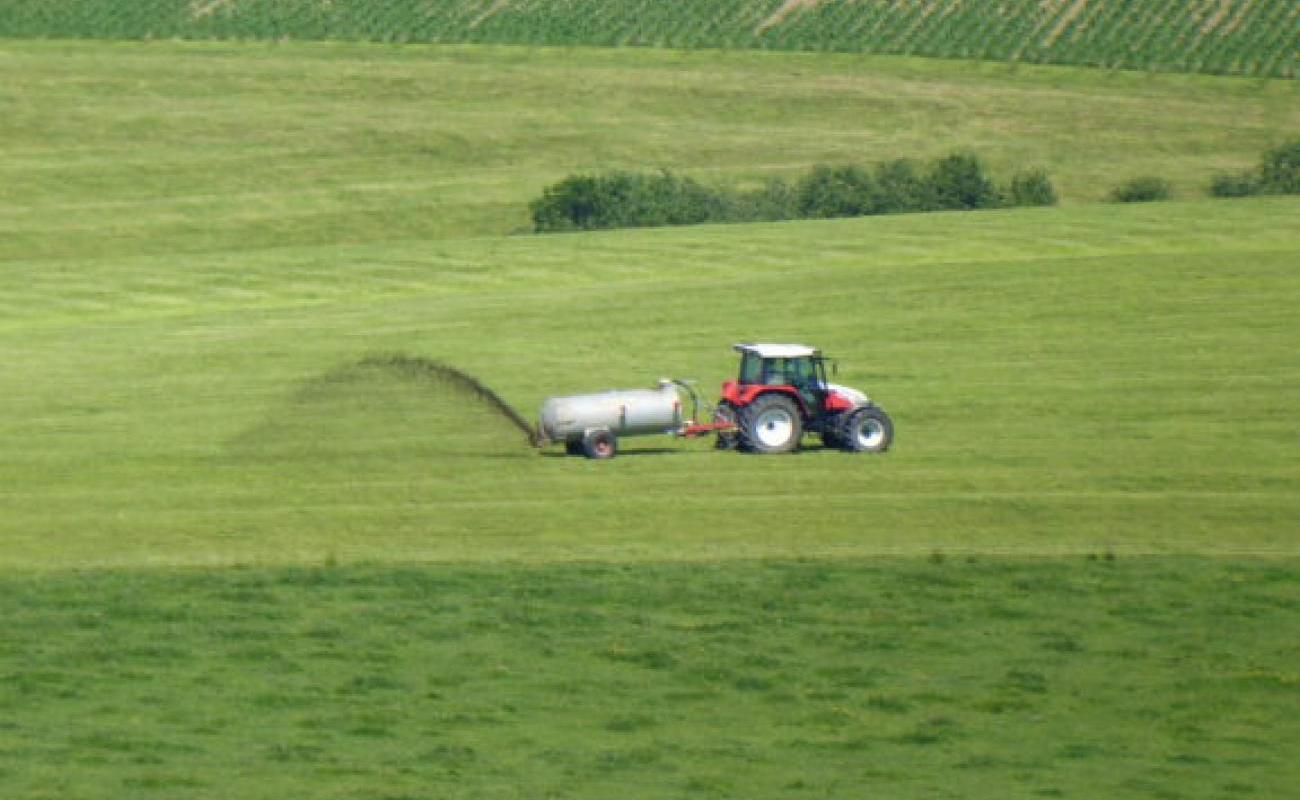Trade: EU adopts new tariffs on Russian and Belarusian agricultural goods and fertilisers

The Council has adopted a regulation that imposes new tariffs on the remaining agricultural products and certain fertilisers from Russia and Belarus that were not yet subject to extra customs duties. The aim is to reduce EU dependence on those imports as well as to reduce Russian export revenues, thereby limiting its ability to finance its war of aggression against Ukraine.
The implementation of these tariffs will be closely monitored to ensure that the EU fertiliser industry and farmers are protected. The tariff increases on fertilisers will take place gradually, over a transition period of three years.
Polish Presidency motto is ‘Security, Europe!’ and these measures increase our economic security by reducing dependencies from Russia. We are further reducing Russia’s export revenues and therefore its ability to finance its brutal war. This is united Europe at its best.
Michał Baranowski, Undersecretary of State at the Ministry of Economic Development and Technology of Poland, responsible for Trade
Once the legislation enters into force, EU tariffs will apply to all agricultural products from Russia, as other agricultural goods are already subject to customs duties. The new tariffs will apply to goods that made up around 15% of all agricultural imports from Russia in 2023. In the case of fertilisers, the new tariffs will apply to certain nitrogen-based products.
In addition to weakening Russia’s war economy, the new tariffs will help reduce the EU's dependence on Russia and Belarus, and will boost diversification and domestic production. It will allow for the diversification of supply, ensuring a stable fertiliser supply and, crucially, maintaining affordability for EU farmers.
Next steps
The regulation will enter into force by 1 July 2025.
Background
In 2023, imports of the affected fertilisers from Russia accounted for over 25% of the Union’s total imports in this sector, amounting to around 3.6 million tonnes worth EUR 1.28 billion.
On 28 January 2025, the Commission proposed this trade measure to align with the objective of weakening Russia’s war economy, as well as that of third countries involved in the aggression against Ukraine.
